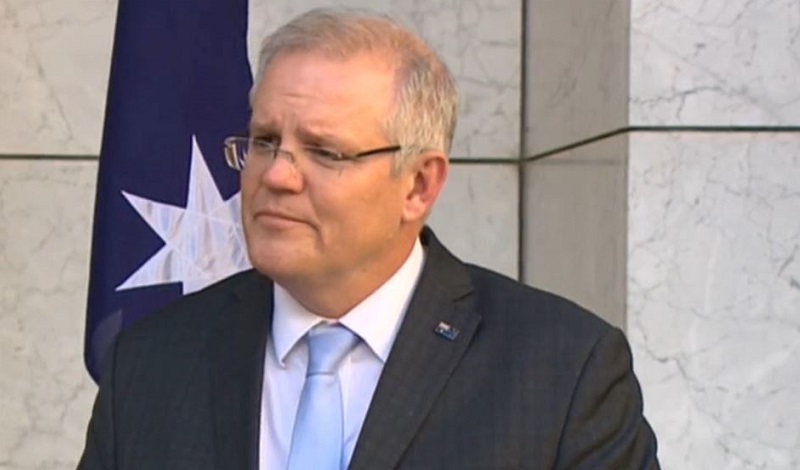Pressure on Landlords for Rent Relief in Covid-19 Crisis
A moratorium on evictions has put pressure on landlords of commercial and residential properties during the Covid-19 pandemic.
Confusion surrounded the rent relief announcement and left people wondering who would foot the bill if a tenant could not pay for up to six months.
This led to investors and landlords looking at their options, as properties were pulled off the market, rental leases extended and auction clearance rates dropped to 51.4 per cent over the weekend.
Prime minister Scott Morrison's $130 billion wage subsidy announcement was expected to ease tenant concerns with the employee “job keeper” payment to start in May.
“We're also working with the states and territories, when it comes to residential tenancies, that continues to be a subject of cabinet right now,” Morrison said.
Clear guidelines on the moratorium were yet to be detailed, the national cabinet agreed on 29 March that rent relief would be given to tenants in financial distress who were unable to meet their commitments due to the impact of coronavirus.
“Commercial tenants, landlords and financial institutions are encouraged to sit down together to find a way through to ensure that businesses can survive and be there on the other side,” Morrison said.

There would also be a reduction or waiver of rental payment for impacted tenants and they would be given the ability to terminate leases or mediation on the grounds of financial distress.
The cabinet advised commercial property owners should pass on benefits and there should be cost-sharing or deferral of losses between landlords and tenants with the government and financial institutions to consider providing assistance.
Sydney-based property advisor Ramon Mitchell said landlords were overwhelmed and confused by what to do.
“Property managers are receiving an extraordinary number of calls on what do in relation to rental properties,” Mitchell said.
“While tenants are anxious about making rental payments, landlords are under financial and employment pressures as well.”
The founder of Gault & Co property advisory said landlords and tenants need to work through the tick list so that it can be determined if they were in genuine need of assistance.
“We’ve seen some tenants already request a freeze on their rent commitments despite the fact they are not experiencing hardship,” Mitchell said.
“This simply puts undue pressure on the system and makes it more difficult for genuine cases to be attended too.”
Domain senior research analyst Nicola Powell said the market now favoured renters.
“Tenants have more bargaining power,” Powell said.
“Those with good tenants will do everything in their power to keep them.
“Job security is the biggest factor and many tenants are in the hospitality, tourism and retail industries, and many would have lost their jobs.
“We have to keep telling ourselves this is a short term impact and once the virus is contained we will see a recovery.
“It is likely to be a strong rebound because of historically low interest rates which will be around for some time.”
















